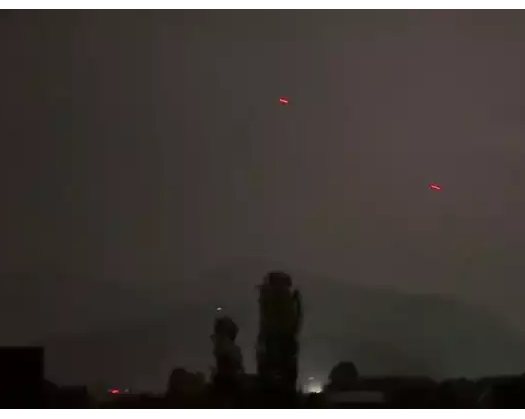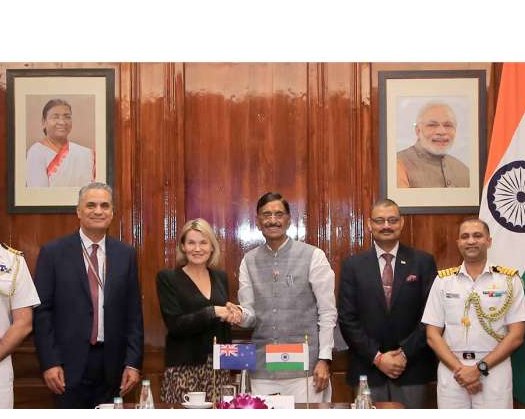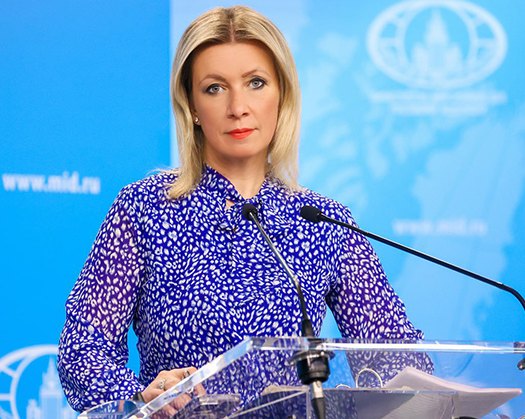Despite reports of drone strikes occurring in Kashmir following the ceasefire agreement between India and Pakistan on Saturday, the dual claims of victory from both sides could indicate a positive outcome, according to an expert on international relations and security, as stated in a DW interview.
Sameer Lalwani from the Center for Strategic and Budgetary Assessments mentioned in the DW News interview that both parties asserting a strategic victory "may not be entirely unfavorable."
"The only method to persuade both sides to de-escalate from such a heavily militarized environment is for them to be able to deliver a narrative to their domestic populations that they met their strategic objectives and outmaneuvered the other side," Lalwani remarked.
"If both parties can accept that and utilize information, or potentially disinformation, to their advantage to facilitate this, I consider it to be stabilizing for the crisis,” he continued.
Lalwani further clarified that ongoing exchanges of fire following the ceasefire agreement are not unusual.
"Such occurrences can happen during a de-escalation phase. For instance, in 2019, during the last significant crisis, while the air operations were decreasing, there remained active artillery fire and exchanges on the Line of Control (LoC)," he noted.
In his national address late on Saturday, Pakistani Prime Minister Shehbaz Sharif commended his people for what he labeled a "victory."
In his speech, where he did not address India's claims of a ceasefire breach by Pakistan, Sharif stated that the recent escalation was "merely an excuse from India," maintaining that it was unconnected to the Pahalgam attack. He called it a "groundless war [that] was thrust upon us."
He asserted that the combat in recent days showcased the bravery of Pakistani soldiers.
The prime minister also praised the ceasefire agreement that was declared earlier on Saturday.
"This represents a triumph for the army and the entire Pakistani nation... This is victory," he stated.
In closing, Sharif expressed his full confidence that issues such as water sharing, Kashmir, and other contentious matters with India will ultimately be resolved.
The Pakistani Foreign Ministry reaffirmed its dedication to the ceasefire agreement established earlier that day, in light of Indian allegations of Pakistan breaching the truce.
"Despite the violations occurring in some areas attributed to India, our forces are managing the situation with responsibility and restraint," a spokesperson from the Pakistani Foreign Ministry remarked.
"We hold the belief that any challenges in effectively implementing the ceasefire should be resolved through communication at appropriate levels," the spokesperson added. "The troops in the field should also practice restraint."










